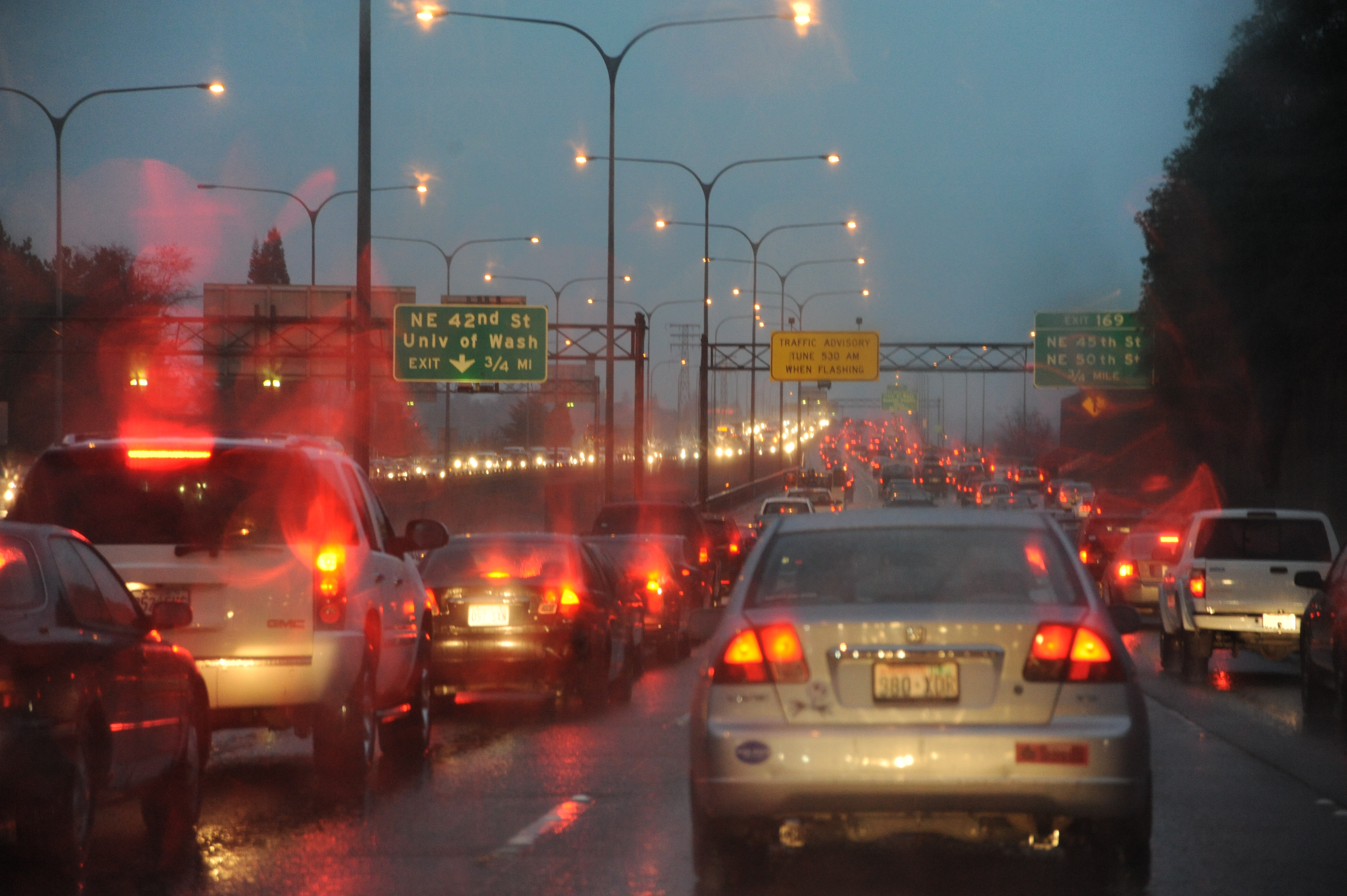Freedom to Love, my newest historical romance–and my first full-length release in over two years!–comes out tomorrow. It has what I think is an unusual and somewhat risky setting for a Regency–most of the story takes place in America in the immediate aftermath of the Battle of New Orleans.

I specifically asked for this release week because Thursday is the 200th anniversary of the battle. Even though all the story action is after the fighting ends–the first scene is the hero waking up on the battlefield, wounded and dazed–I did a fair amount of research just to know what he’d gone through before the story started. Most of that research involved books that have long since been returned to the University of Washington library (my day job employer and go-to source for dry academic tomes, access to 200-year-old newspapers, and the like), but here are five things I learned about the War of 1812 and the Battle of New Orleans that I didn’t know going in.
1) I’d always been told that the British were so confident of victory and eager to get at the wealth and famously beautiful women of New Orleans that on the eve of battle their sentries’ sign and countersign were “beauty” and “booty.” Turns out that isn’t true–while the British knew they outnumbered the Americans and with some justification believed their regiments to be of superior quality, they also knew they were attacking a well-fortified position across open ground. Also, no matter how much they were looking forward to the pleasures and treasures of New Orleans, “beauty” and “booty” sound far too much alike to be an effective sign/countersign, and the British commander, Sir Edward Pakenham, was an upstanding, upright gentleman who would’ve been unlikely to approve its use.
2) Andrew Jackson employed slave-catchers to try to prevent American slaves from escaping to the British (who promised–and delivered–emancipation to any who came to them). However, he also accepted the city’s free black militia into his cobbled-together army over the objections of many officers and civilian officials. This would not be the first or last time Jackson proved himself a pragmatist above all, IMHO.
3) British soldiers too severely wounded to join the retreat were cared for by Ursuline nuns–though my plot required a different fate for my hero, Henry Farlow.
4) Back in elementary and high school, we were taught that the main cause of the war was the British navy’s impressment of American sailors. While that was certainly a cause, the reality, as it often is, was More Complicated Than That. In fact, it was so complicated that I’ll simply recommend that anyone interested read Robin Reilly’s The British at the Gates.
5) Wellington was offered command of British forces in America after Napoleon’s initial abdication, but he politely refused, preferring a diplomatic role as ambassador to France and at the Congress of Vienna. It’s intriguing to imagine how different history might’ve looked if he’d accepted. He might not have been back in time for Waterloo, for starters. While I think Napoleon would’ve ultimately been defeated regardless, the 19th century would’ve looked different if, say, the Russian army rather than the Anglo-Dutch and Prussian forces claimed credit for his downfall. Also, there is simply no way Wellington would’ve attacked Jackson’s fortifications from such a position of weakness. Even Pakenham knew it was a bad idea, but he was pretty much goaded into it by the naval commander, Admiral Cochrane. Since Wellington was as stubborn and confident as anyone living at that time not named Napoleon, he would’ve stood up to the pressure. And if the Battle of New Orleans hadn’t been fought, or it was fought at a different place or time as a British victory…let’s just say we’d almost certainly have a different face on our twenty dollar bills.
Freedom to Love
Louisiana, 1815
Thérèse Bondurant trusted her parents to provide for her and her young half-sister, though they never wed due to laws against mixed-race marriage. But when both die of a fever, Thérèse learns her only inheritance is debt—and her father’s promise that somewhere on his plantation lies a buried treasure. To save her own life—as well as that of her sister—she’ll need to find it before her white cousins take possession of the land.
British officer Henry Farlow, dazed from a wound received in battle outside New Orleans, stumbles onto Thérèse’s property out of necessity. But he stays because he’s become captivated by her intelligence and beauty. It’s thanks to Thérèse’s tender care that he regains his strength just in time to fend off her cousin, inadvertently killing the would-be rapist in the process.
Though he risks being labeled a deserter, it’s much more than a sense of duty that compels Henry to see the sisters to safety—far away from the scene of the crime. And Thérèse realizes she has come to rely on Henry for so much more than protection. On their journey to freedom in England, they must navigate a territory that’s just as foreign to them both—love.
Freedom to Love is available wherever ebooks are sold, including Amazon, Barnes & Noble, Kobo, iBooks, Google Play, All Romance Ebooks, and Carina Press.



